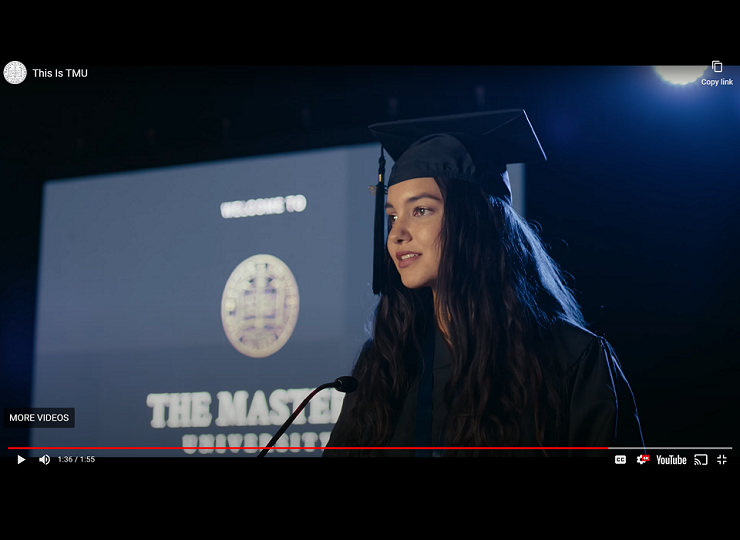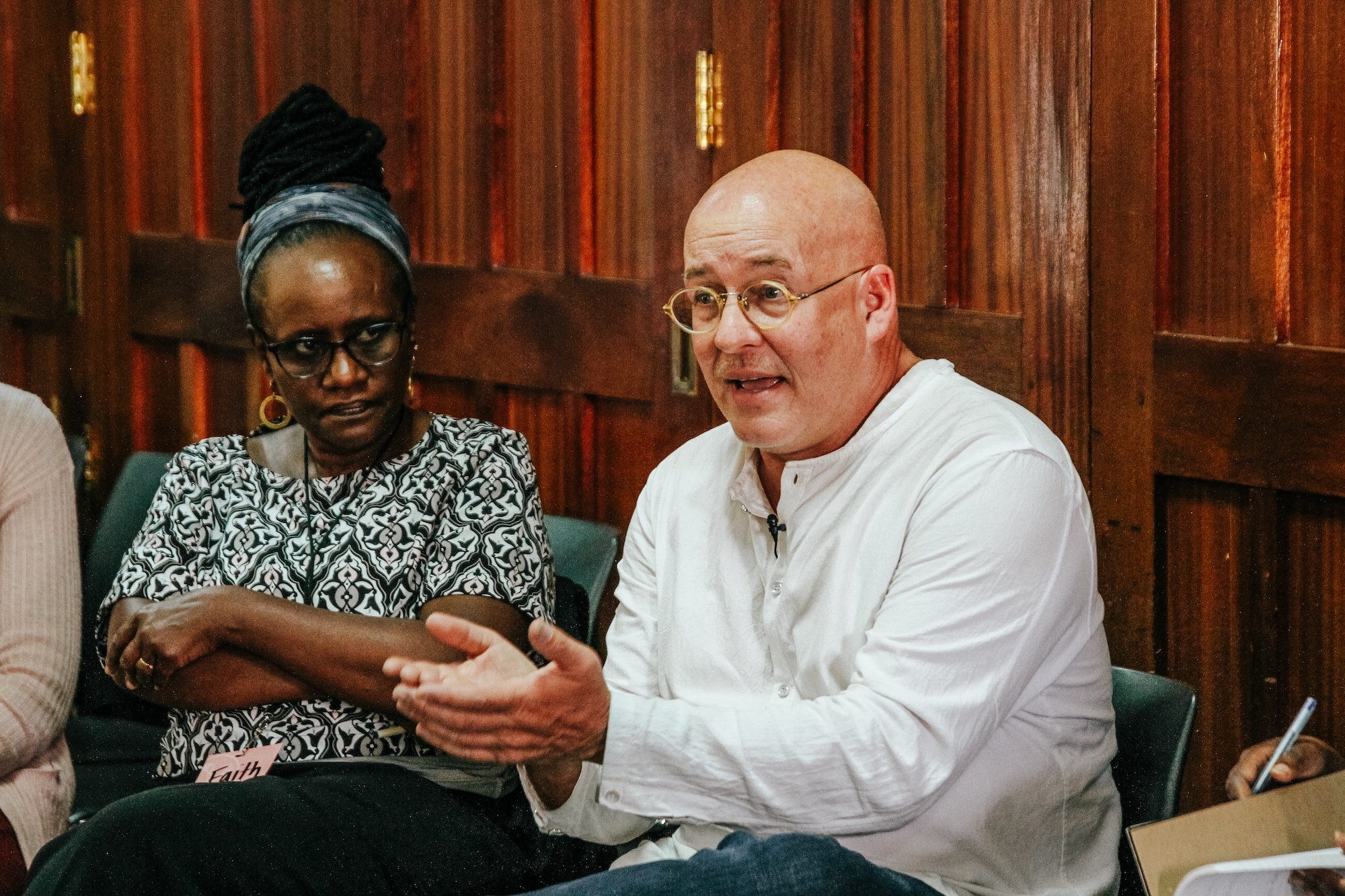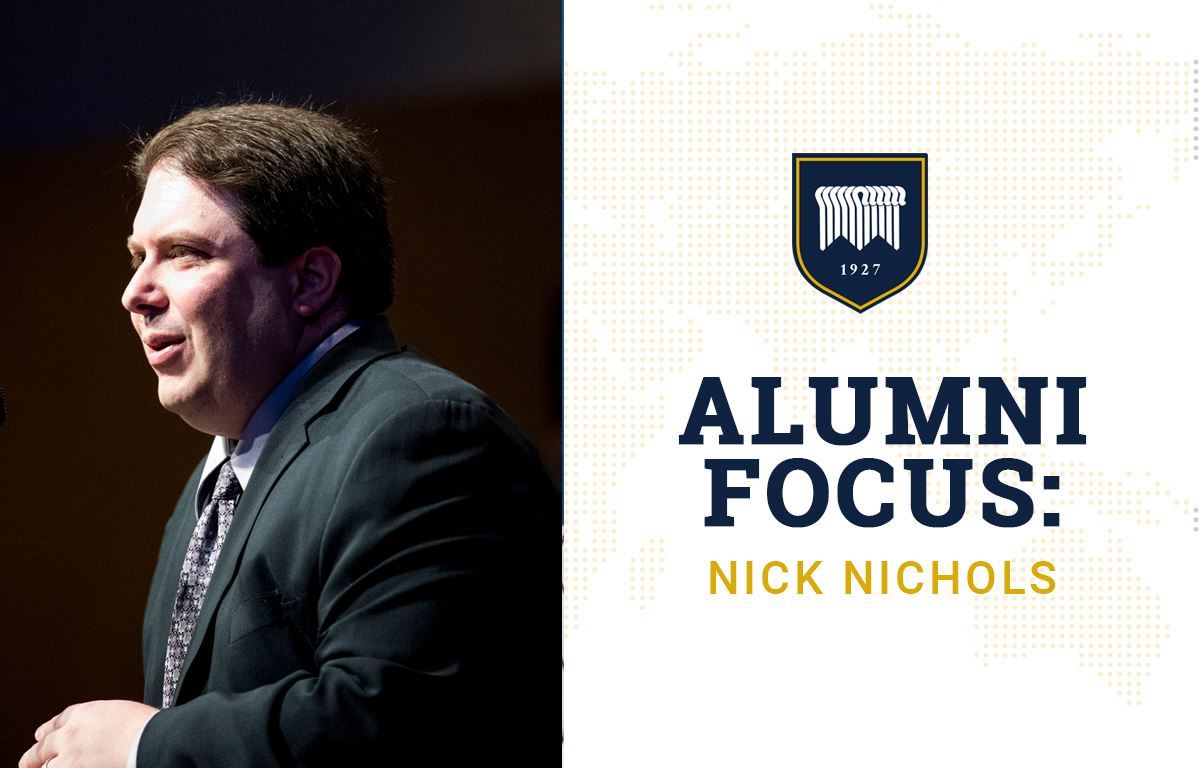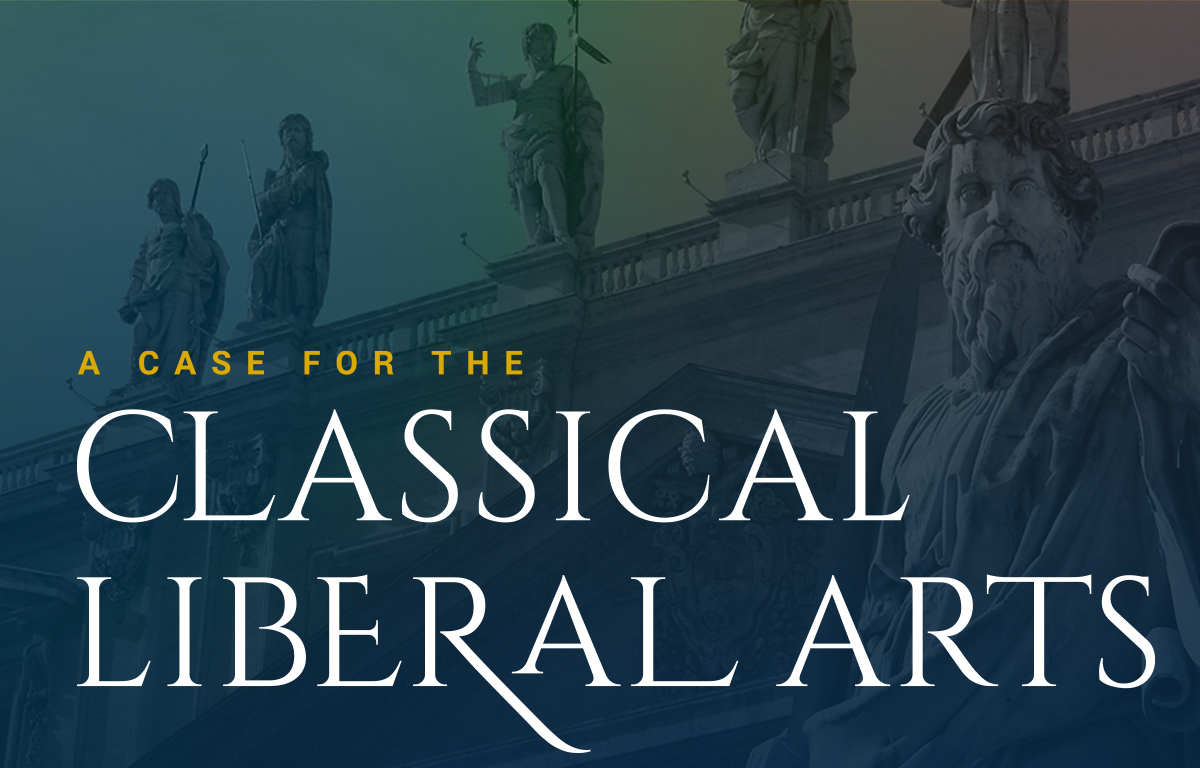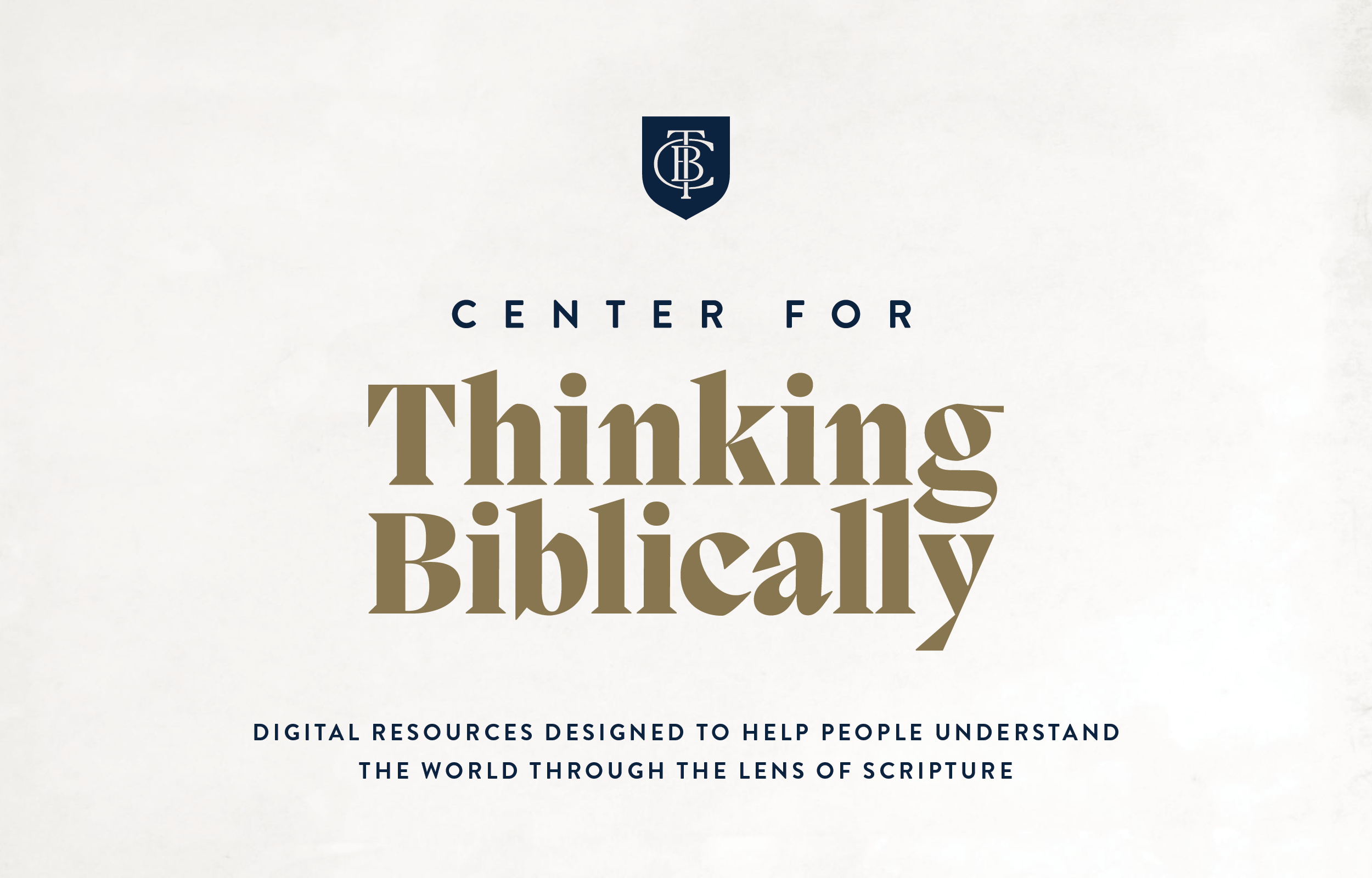The course begins with a historical survey of varying theories of teaching throughout history, culminating in the modernist, materialist, naturalist, and behaviorist models of the late 19th and 20th centuries, which began in Prussia and moving across Europe and the United States. This is contrasted with the ancient method of group dialectic as exemplified by Socrates, which is then considered by deploying a theological critique of Plato’s pagan theories of the Eternal Forms, the formation of virtue through knowledge, and the doctrine of recollection in reincarnated souls. The course is built around Paul’s description in Romans: quia, quod noscibile est Dei, manifestum est in illis (‘For that which may be known of God is made manifest clearly in them’).
Course Highlights
Built on the foundation of 14 three-hour-long art slide programs ranging from Neolithic stonework and cave painting to ancient Greek sculpture to the Middle Ages to the masterpieces of the Renaissance to 20th-century art, the course surveys the major periods, media, and styles. Strong emphasis on the Italian Renaissance and somewhat greater emphasis on painting than on architecture and sculpture. Format is viewing, discussion, and writing, with a comprehensive final and several short papers. A major goal is to establish a historical and cultural “canon” in Western art history as seen from a theological aesthetic. Currently only offered through TMU Italy.
A survey of the field of philosophy: its vocabulary, aims, and purposes; the great systems of speculative thought; and the leading thinkers.
A survey of the main approaches to ethics; issues in personal ethics, such as moral responsibility, decision making, honesty, and conscience; and topics in special ethics such as war, abortion, euthanasia, genetic engineering, and church state relations.
Most students will complete a minor in Biblical Studies by default by completing the 24 units in their GE classes and upper-division requirements across 4 years at TMU. In addition to their major, students can also complete a minor in any of these programs by completing the required 15-27 units, depending on the minor: Accounting, Biblical Studies, Biology, Business Administration, Communication, Computer Science, Education, English, History, Global Studies, Kinesiology & Physical Education, Mathematics, Music, and/or Political Studies.















